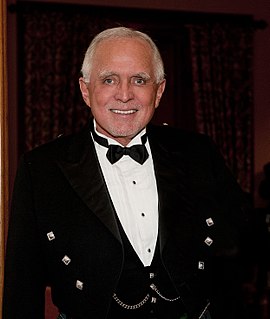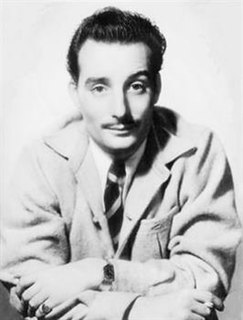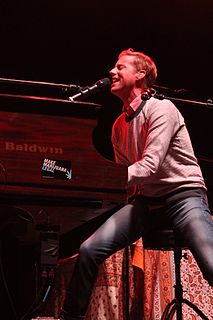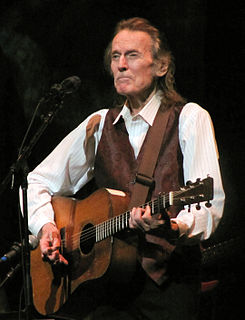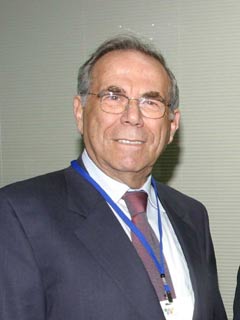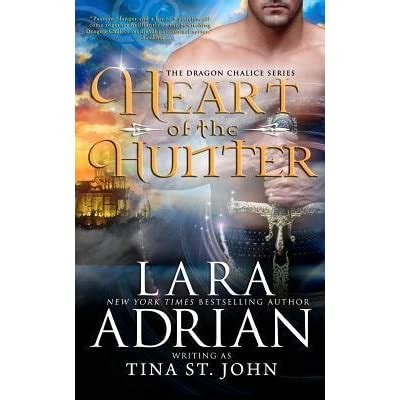A Quote by Elif Batuman
If you think about Don Quixote, Don Quixote is this guy who wants to live as if he was in a medieval chivalric romance, when actually he lives in sixteenth-century Spain, which is already going through secularization, industrialization, modernization. He goes out to kill a giant, and instead he collides with this huge windmill and injures himself and also damages the windmill. I think that's a metaphor for the collisions we all have over time, as our ideas of ourselves get out of synch with the historical moment.
Related Quotes
For me, life without literature is inconceivable. I think that Don Quixote in a physical sense never existed, but Don Quixote exists more than anybody who existed in 1605. Much more. There's nobody who can compete with Don Quixote or with Hamlet. So in the end we have the reality of the book as the reality of the world and the reality of history.
You can't control what goes on around you, you can't. But for me, I think there's staples of these moments, that crazy moment where you think you're indestructible. That moment where you find out that you're not. And then that moment where all of a sudden you go, okay, I'm not indestructible but I'm gonna be okay. You have this life, and we all have these lives we live but it takes a bit of learning before you realize not every drama's going to kill you and not every hard day has to lead to another one.
Reading Don Quixote can be compared to an indefinite visit from your most impossible senior relative, with all his pranks, dirty habits, unstoppable reminiscences, and terrible cronies. When the experience is over, and the old boy checks out at last (on page 846 - the prose wedged tight, with no breaks for dialogue), you will shed tears all right; not tears of relief or regret but tears of pride. You made it, despite all that 'Don Quixote' could do.
If it had been easy for Romeo to get to Juliet, nobody would have cared. Same goes for Cyrano and Don Quixote and Gatsby and their respective paramours. What captures the imagination is watching men throw themselves at a brick wall over and over again, and wondering if this is the time that they won't be able to get back up.
I think a fictional invention grows according to its own development, not the author's. Characters in fiction are not simply as alive as you and me, they are more alive. Becky Sharp, Elizabeth Bennett, and Don Quixote may not outlive the burning out of the sun, but they will certainly outlive the brief candle of our lives.

